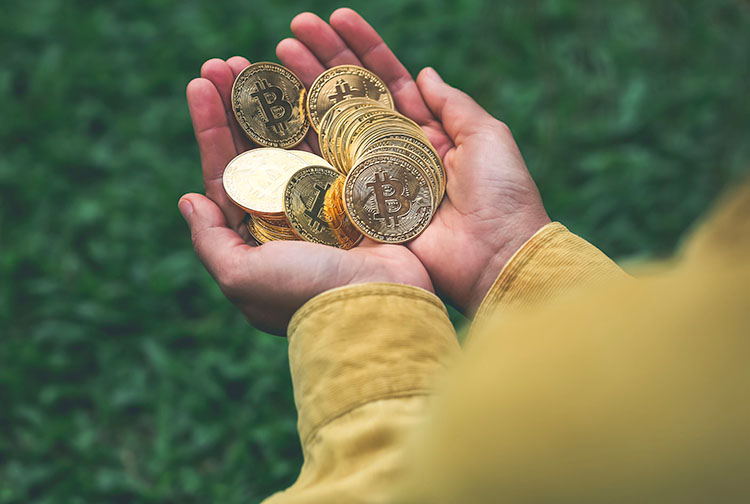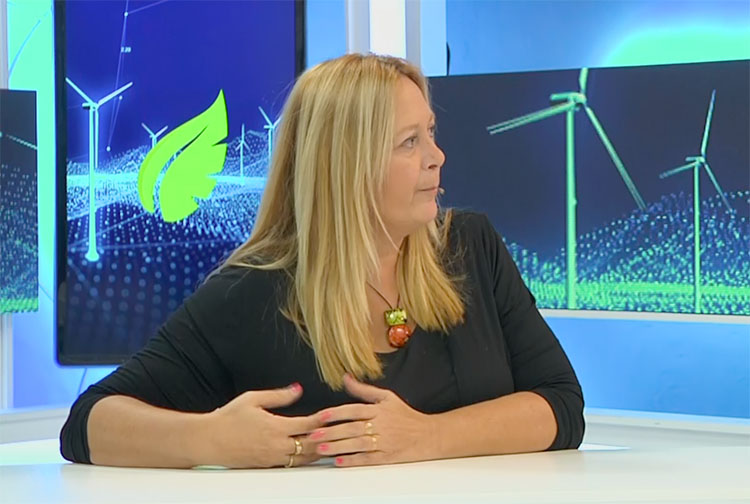

What is the real carbon footprint of our emails?
In recent years, the belief that our poor email management is highly harmful to the environment has spread out. The latest research relativises its impact and points to other digital habits as responsible for a significant part of global warming.
The book ‘How Bad Are Bananas? The Carbon Footprint of Everything’, published in 2010, popularised the idea that emails have a large carbon footprint. Its author estimated that each message, even if it is just to reply “thank you”, generates a minimum of 0.3 grams of CO₂ due to the energy consumption associated with our devices and, above all, with large data centres. And it should be borne in mind that between 150 billion and 300 billion emails are sent daily around the world, although most of them are ‘spam’.
Some recent research relativises this alleged environmental damage of our messages. Apart from freeing up some space on the servers that host them, there is no evidence that it substantially reduces the energy consumption of the digital infrastructure if we avoid our expendable emails and delete unnecessary ones.
We very rarely switch on a mobile phone or computer just to send an email and both storage and data transmission systems run relentlessly, even when we are not using them, so energy consumption remains fairly stable.
An updated perspective
With the new estimates, it is estimated that heating water in a kettle requires more electricity than sending and storing a thousand e-mails. And deleting that thousand messages from our inbox would have a carbon benefit of about five grams of CO₂, the minimum our computer would generate in half an hour if we kept it on to delete them. Although it may be hard to comprehend, manually deleting emails can have a greater impact on carbon emissions than storing them.
In fact, the first effective measure to limit the carbon footprint of email is to reduce as much as possible the number of electronic devices we buy to manage it and to keep them as long as possible, as their manufacture generates a significant carbon footprint.
But above all, safeguarding the environment means using energy-efficient devices and rationalising the time we keep them switched on: we should not forget that part of the electricity we use to power these devices comes from fossil fuels.
The source of excessive traffic
Obviously, avoiding unnecessary emails, writing concisely, including hyperlinks to files rather than attachments, limiting the number of recipients, regularly emptying the ‘spam’ folder and unsubscribing from newsletters that do not really interest us are best practices that will reduce Internet traffic. But if we really want to contribute with our digital habits to the good health of the planet, we should look beyond our e-mail.
Email exchanges account for only 1% of Internet traffic, which is tiny compared to video streaming services, which already account for more than 80% of what goes online. And that is an appreciable amount of tons of CO₂.
If you want to wash your clothes without polluting the planet, 11Onze Recommends Natulim.
Leave a Reply
You must be logged in to post a comment.





Ufff, gràcies per l’article, m’haig de posar, per tal de reduir la meva petjada en el medi.
Gràcies a tu, Manel, per ser-hi i per seguir-nos!!!
Caldrà incorporar les bones pràctiques
Del tot d’acord, Alícia! Ens hem d’anar formant contínuament i, alhora, aplicar aquesta formació en el nostre dia a dia.
Gràcies
Gràcies a tu, Joan!
Per parar boig.😔
Gràcies, Mercè!